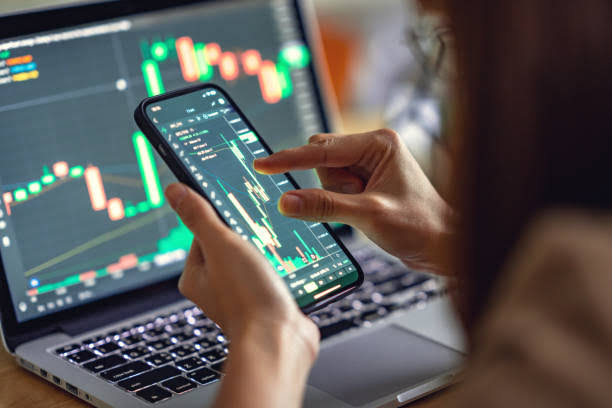Africa is facing a new economic challenge as inflation rates soar across the continent. According to the International Monetary Fund (IMF), the average inflation rate in Sub-Saharan Africa is expected to rise to 18 percent in 2022 and 14.6 percent in 2023, the highest levels since 2008. The surge in consumer prices is driven by various factors, such as the COVID-19 pandemic, supply disruptions, political instability, and the war in Eastern Europe that has pushed up energy and food costs.

Inflation erodes the purchasing power of money and reduces the real income of households and businesses. It also affects the exchange rate of local currencies, making imports more expensive and exports less competitive. For many African countries that rely on imports of essential goods and services, such as food, fuel, and medicine, inflation poses a serious threat to their economic stability and social welfare.
However, inflation also creates an opportunity for savvy investors who can use the foreign exchange (forex) market to fight against the loss of value of their domestic currency. Forex trading is the act of buying and selling currencies in order to profit from the fluctuations in their exchange rates. Forex trading is an extremely popular activity permitted in Nigeria, South Africa, Egypt, Kenya, Namibia, and Côte d'Ivoire, among other African nations.
Forex trading offers several advantages for African investors who want to protect their wealth from inflation. First, forex trading is accessible and convenient, as it can be done online through various platforms and brokers that cater to African traders. Some of the best forex brokers in Africa include HFM aka Hotforex, Octafx, Exness, IC Markets, RoboForex, XM Group, etc. These brokers offer low minimum deposits, high leverage, and local payment methods, making it easy for traders to start and fund their accounts.
Second, forex trading is flexible and diverse, as it allows traders to choose from a wide range of currency pairs and trading strategies. Traders can trade major, minor, or exotic currencies, depending on their risk appetite and market knowledge. They can also use different techniques, such as scalping, swing trading, or position trading, depending on their time horizon and trading goals. Forex trading also operates 24 hours a day, five days a week, giving traders the opportunity to trade at any time that suits them.

Third, forex trading is profitable and rewarding, as it enables traders to capitalize on the volatility and trends in the currency market. Traders can use technical analysis, fundamental analysis, or both to identify trading opportunities and execute their trades. They can also use various tools and indicators, such as moving averages, Fibonacci retracements, or stochastic oscillators, to enhance their trading performance and accuracy. Forex trading can also generate passive income for traders who use automated trading systems or copy trading services.
Forex trading is not without risks, however, as it involves high leverage, market uncertainty, and broker reliability. Traders need to be aware of the potential pitfalls and challenges of forex trading, such as margin calls, slippage, scams, or frauds. They also need to educate themselves and practice their skills before investing real money in the market. Forex trading requires discipline, patience, and perseverance, as well as a sound risk management plan and a realistic trading plan.

Forex trading is a viable option for African investors who want to fight inflation and diversify their portfolio. Forex trading can help them preserve and grow their wealth, as well as achieve their financial goals and aspirations. Forex trading is not a get-rich-quick scheme, but a legitimate and rewarding business that requires dedication and commitment. Forex trading is not for everyone, but for those who are willing to learn and master it, it can be a life-changing opportunity.



You must be logged in to post a comment.